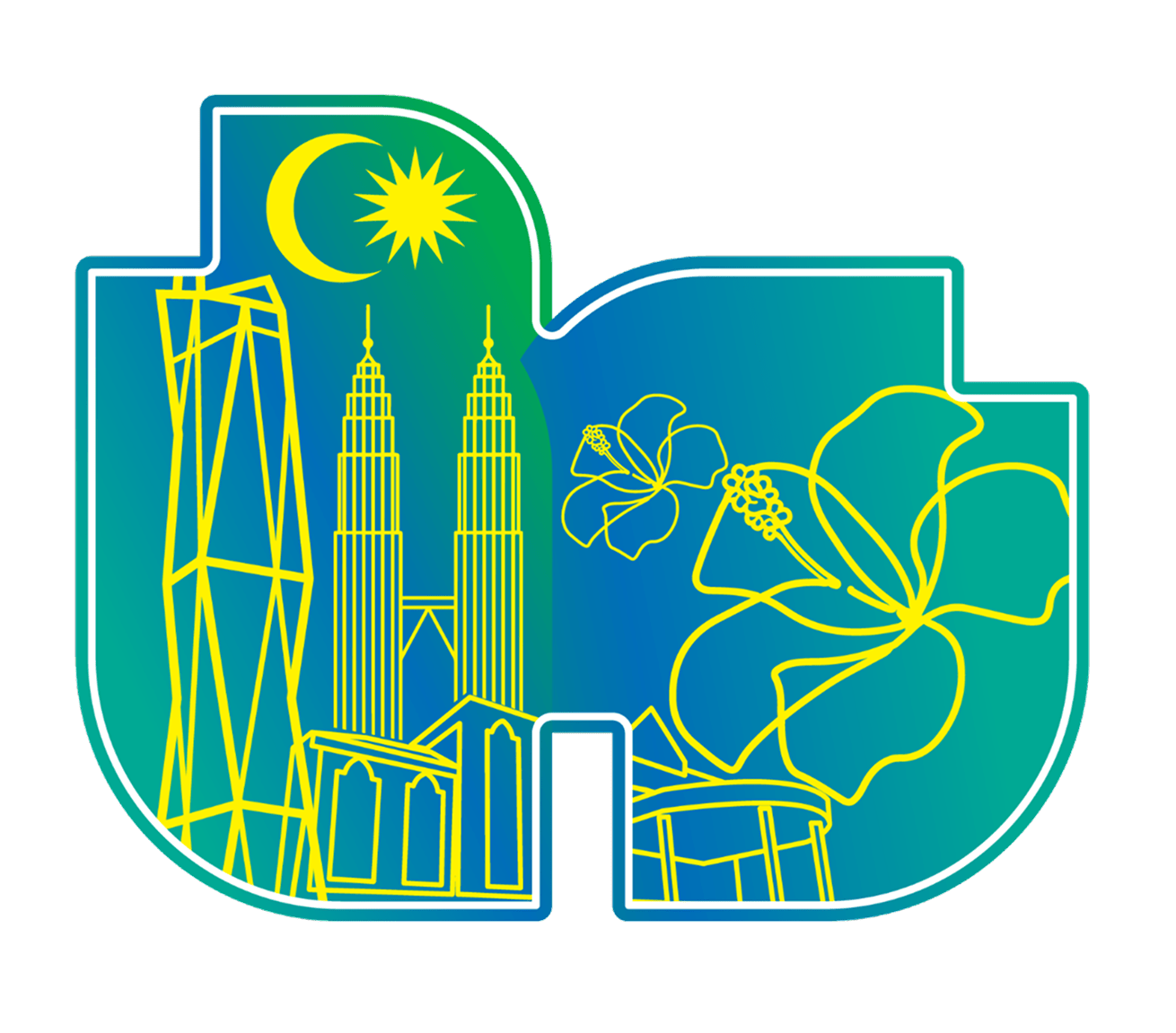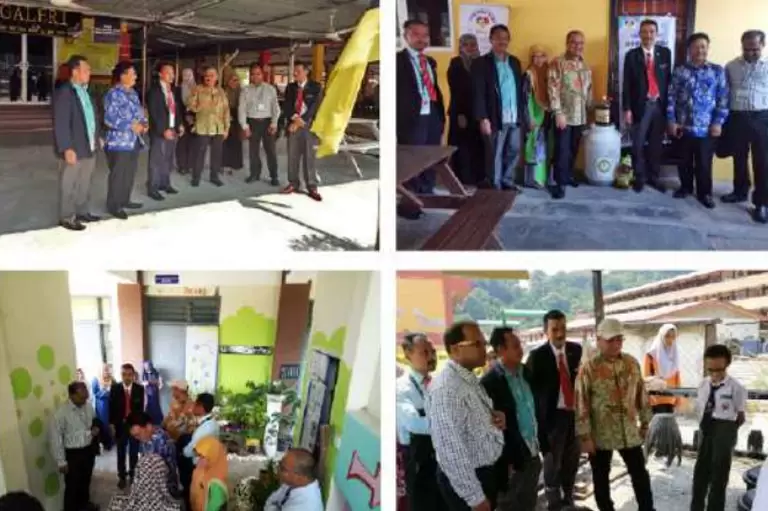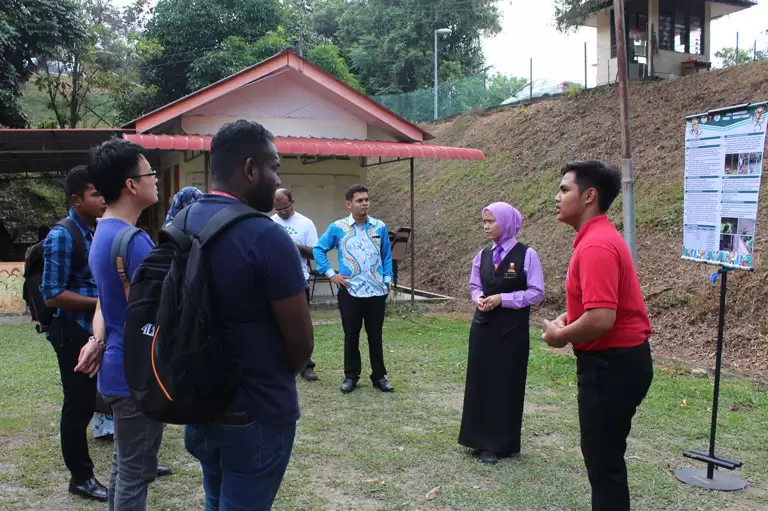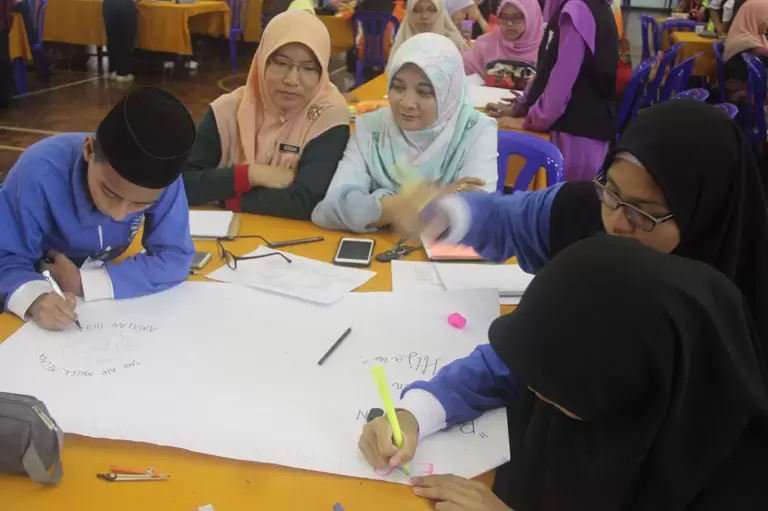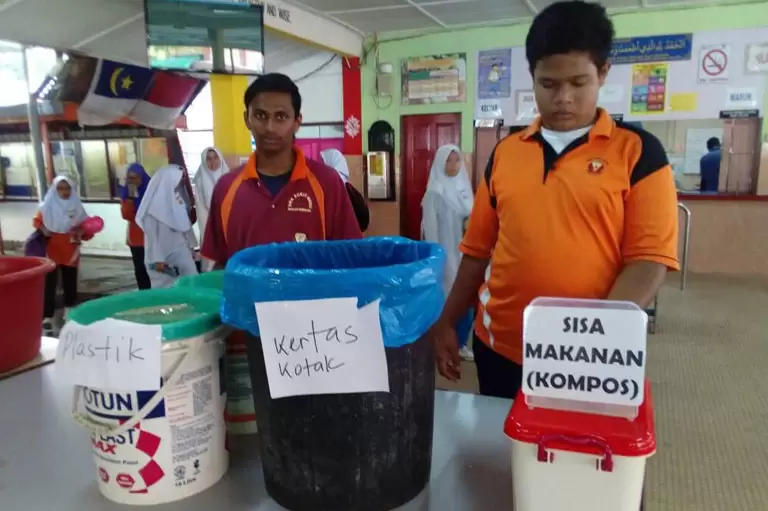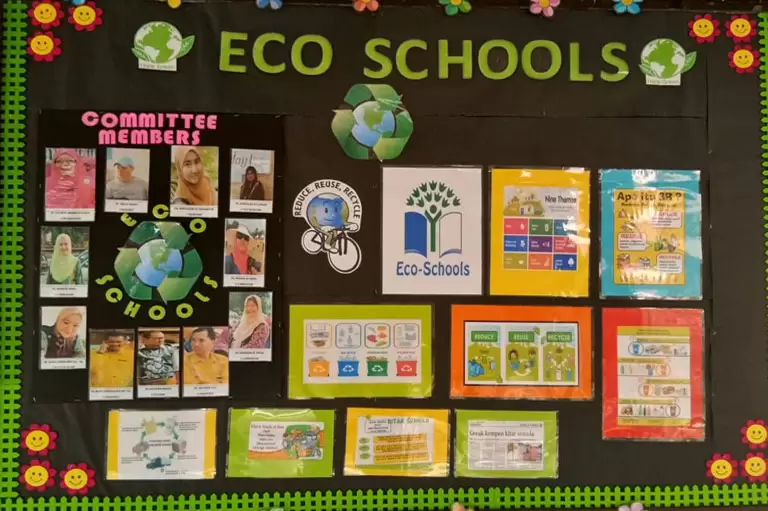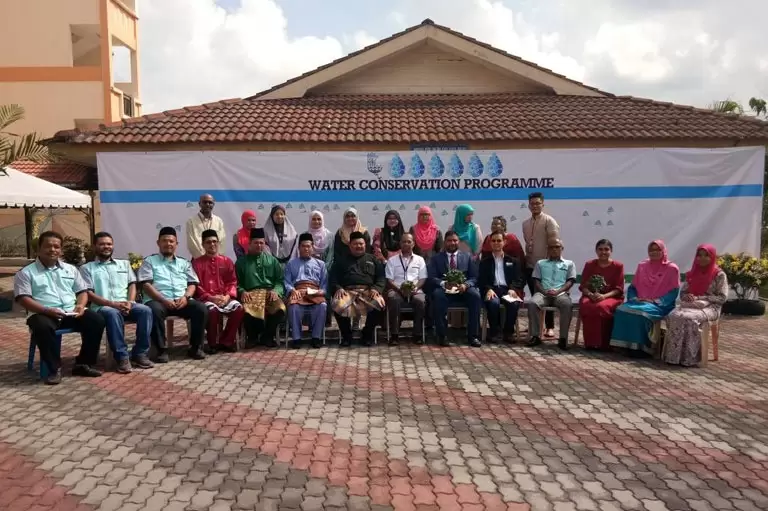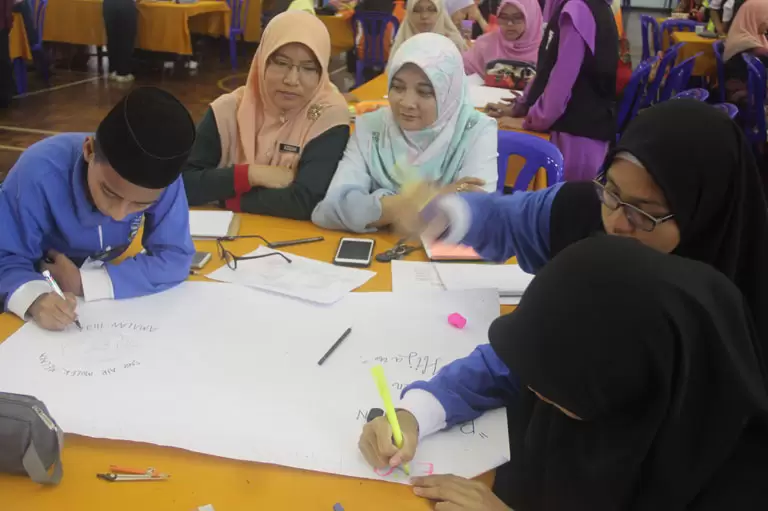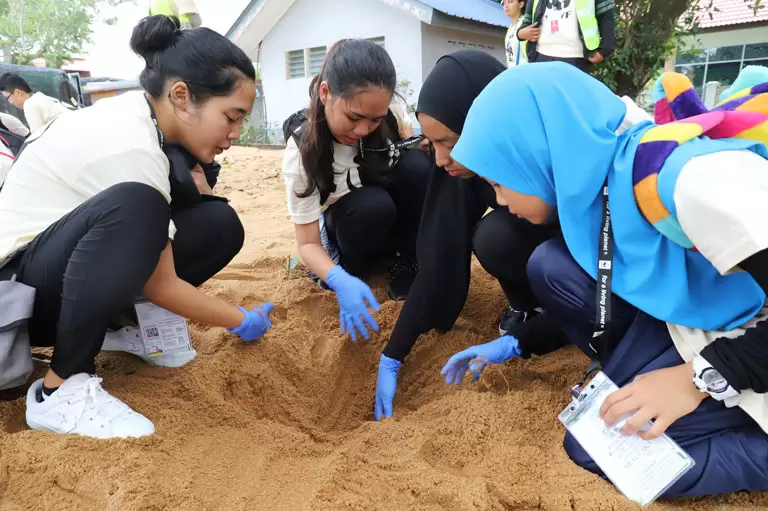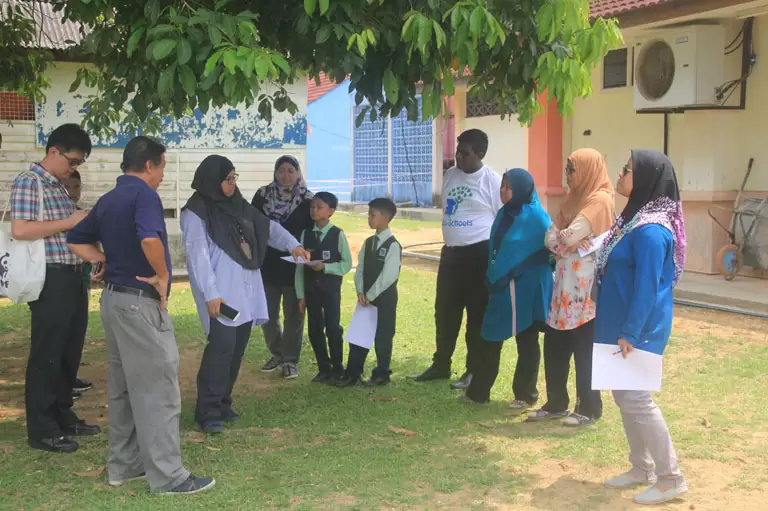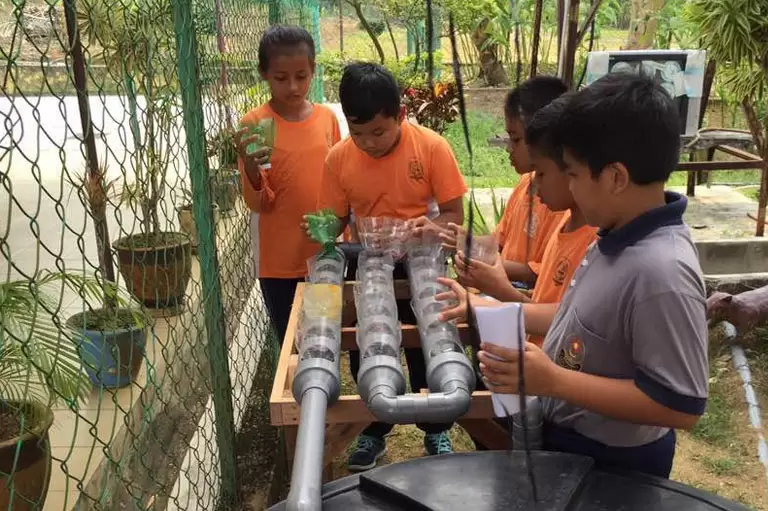Bangka Belitung Governor Visit To Melaka Green Flag Schools
The Low Carbon Eco-Schools (LCS) workshop was organised in A Delegation from Bangka Belitung, Indonesia visited SMK Bukit Baru(A Melaka Green Flag School) to observe, understand and create bilateral engagement between Malaysian and Bangka Belitung schools. The governor of Bangka Belitung, Dr Erzaldi Rosman, together with his Deputy, Education Head met with GGAF Project Director, Mr Sri Themudu and officers from the Melaka State Education Department, as well as SMK Bukit Baru Principal, staff and students during hour-long the visit. Among topics of discussion were creating a network between schools in Malaysia and Indonesia, and the various Eco-School projects undertaken by the school. The delegation’s visit helped to broaden and internationalise the outlook of SMK Bukit Baru’s students and educators, allowing them to impart their experiences and knowledge on Eco-Schools Programme to international delegates.
